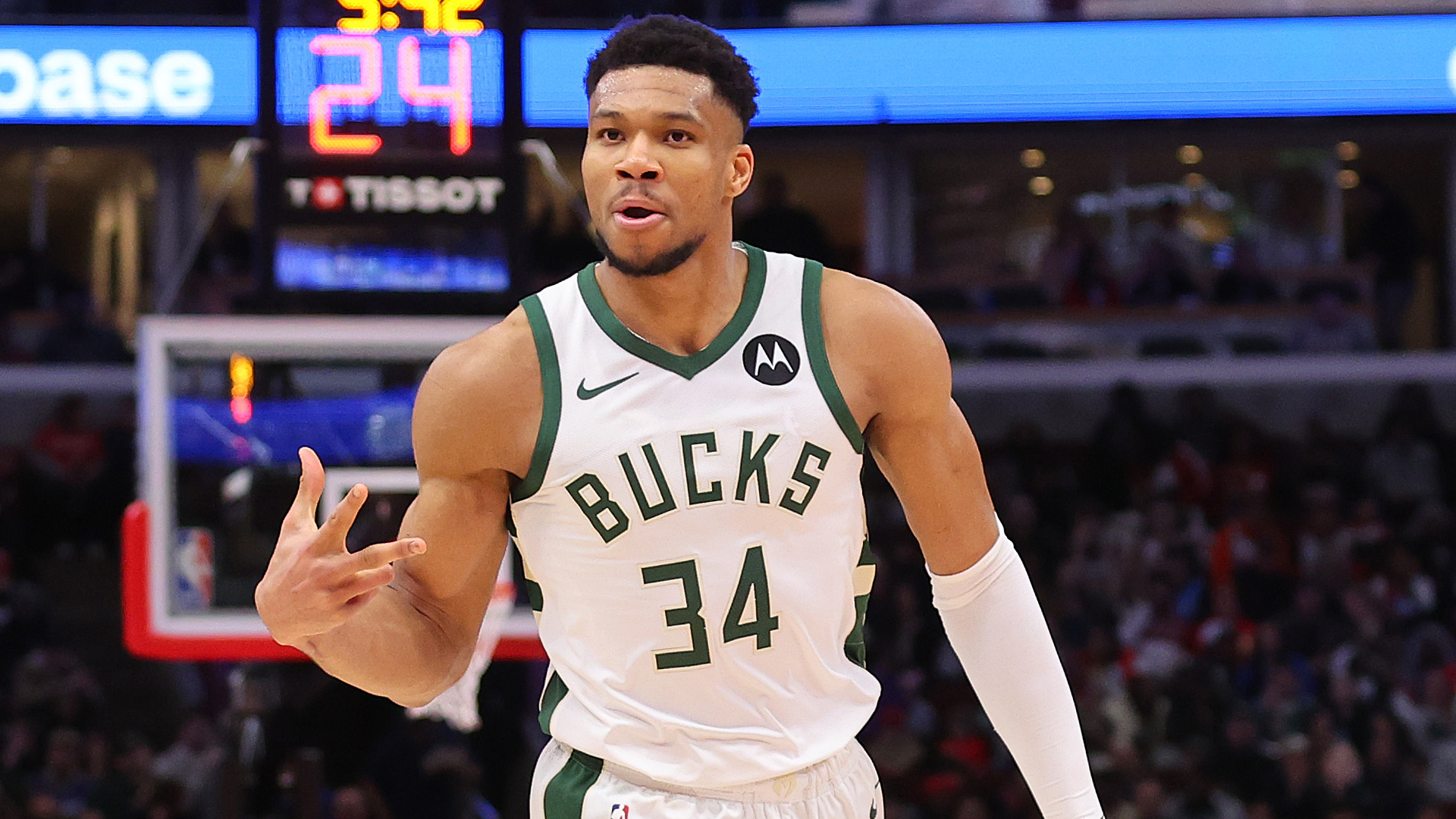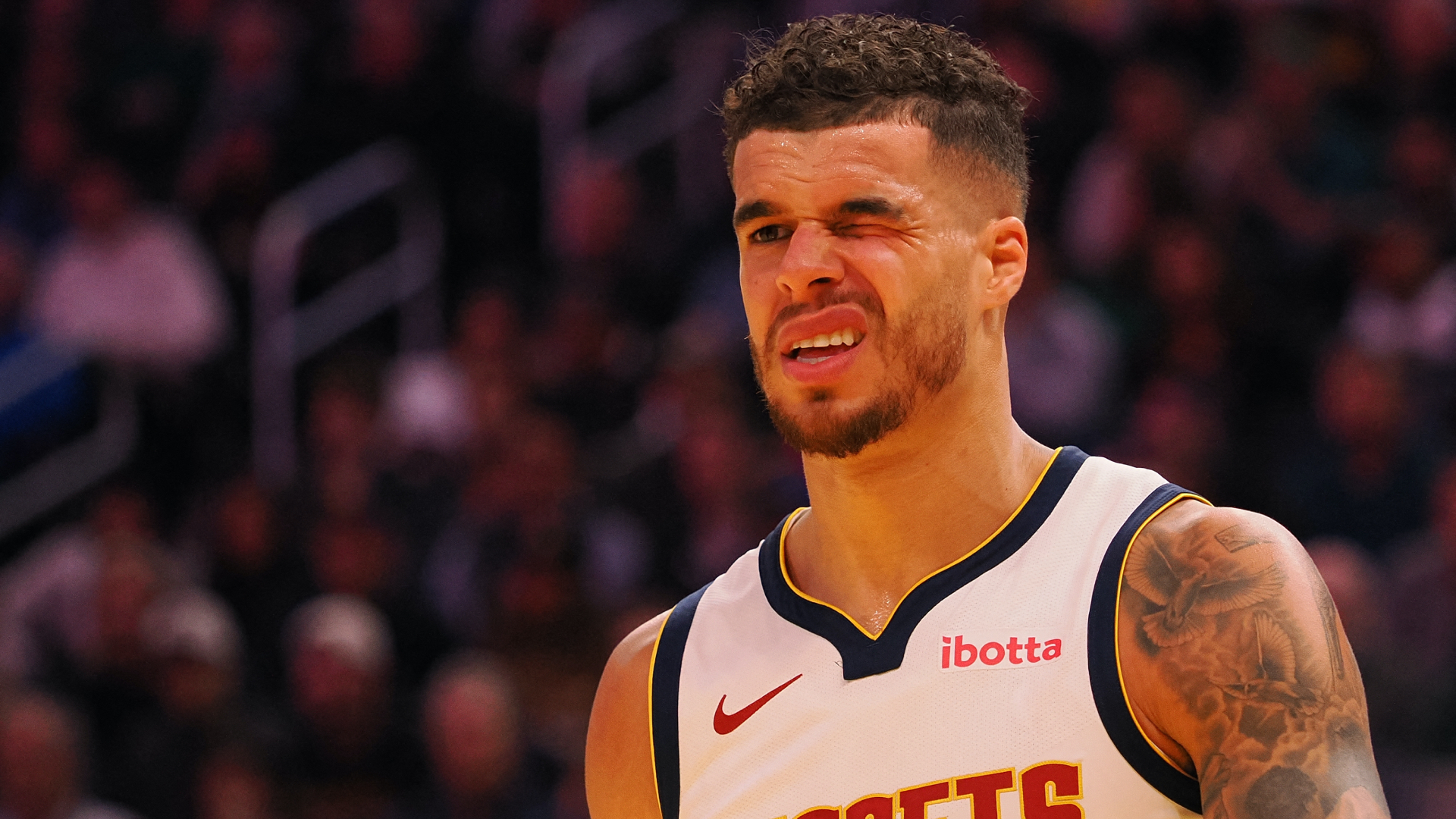- Home >
- Basketball >
- NBA Champion Michael Porter Jr. Sparks Controversy Claiming WNBA All-Stars Would Lose to High School Boys Team
NBA Champion Michael Porter Jr. Sparks Controversy Claiming WNBA All-Stars Would Lose to High School Boys Team
NBA champion Michael Porter Jr. sparked backlash after suggesting a high school boys’ basketball team could beat the WNBA All-Stars.
Michael Porter Jr., the NBA standout and 2023 champion, ignited a firestorm of controversy with his recent remarks suggesting that a high school boys' basketball team, specifically a McDonald's All-American squad, would beat the WNBA All-Stars.
Porter made the most contentious remarks during an August 29 livestream when discussing how the men's high school players of his generation, many of whom went on to NBA stardom, measure against the top female professional athletes.
He said, "If the WNBA All-Star team, if the Olympic team played the McDonald's All-American high school players...in high school, when I was in high school, we were grown men, pretty much...If we play the WNBA All-Star team, that, no disrespect, bro. No disrespect, bro. I'm not even gonna say it."
While he didn't finish his thought explicitly, the implication was widely perceived as dismissive of the WNBA players' talents.
Fans remembered a January 2024 podcast, where he argued that although WNBA players are talented, so are elite ping-pong players—and that talent alone doesn't equate to equal pay, citing audience interest and revenue differences.
Assessing the Debate: Talent, Physicality, and Market Dynamics
Porter's comments delve into complex issues at the intersection of sport, gender, and business. Many analysts note that the physical differences on average between male and female athletes, particularly at younger ages, influence game dynamics. McDonald's All-American teams represent the nation’s elite high school male players, many of whom instantly project to NBA careers.
Conversely, the WNBA features some of the best female basketball talent worldwide. Comparing the two is inherently challenging given different physiological profiles, styles of play, and competitive frameworks.
On the economic side, the WNBA operates with much smaller media contracts, lower attendance, and less sponsorship compared to the NBA, impacting player salaries and league profitability.
While Porter’s comments reflect the harsh realities of market-driven pay structures, critics argue that respect, investment, and promotion are equally important to help grow women's sports.
Voices from the WNBA and Beyond
The reaction from WNBA players and supporters has been loud and critical. Many view Porter's remarks as part of a broader pattern of gender bias and disregard for the professionalism and skill of female athletes.
Players emphasize the importance of acknowledging and supporting women's sports on their own terms rather than through comparisons that diminish their achievements.
In contrast, some observers acknowledge Porter’s perspective as blunt but reflective of ongoing financial challenges in women's basketball. The debate continues around how best to uplift the WNBA’s profile, increase its revenue streams, and narrow the pay gap without undermining the league’s legitimacy.






















